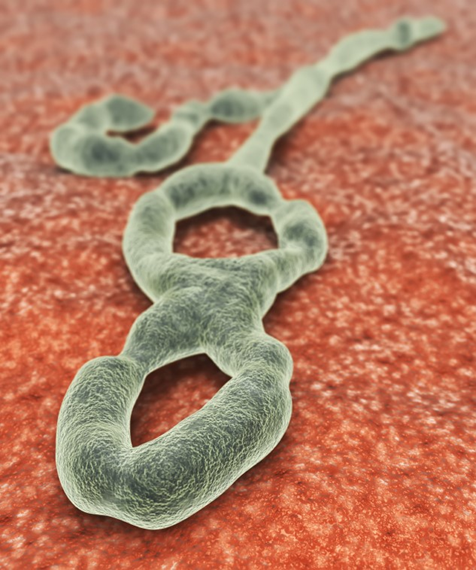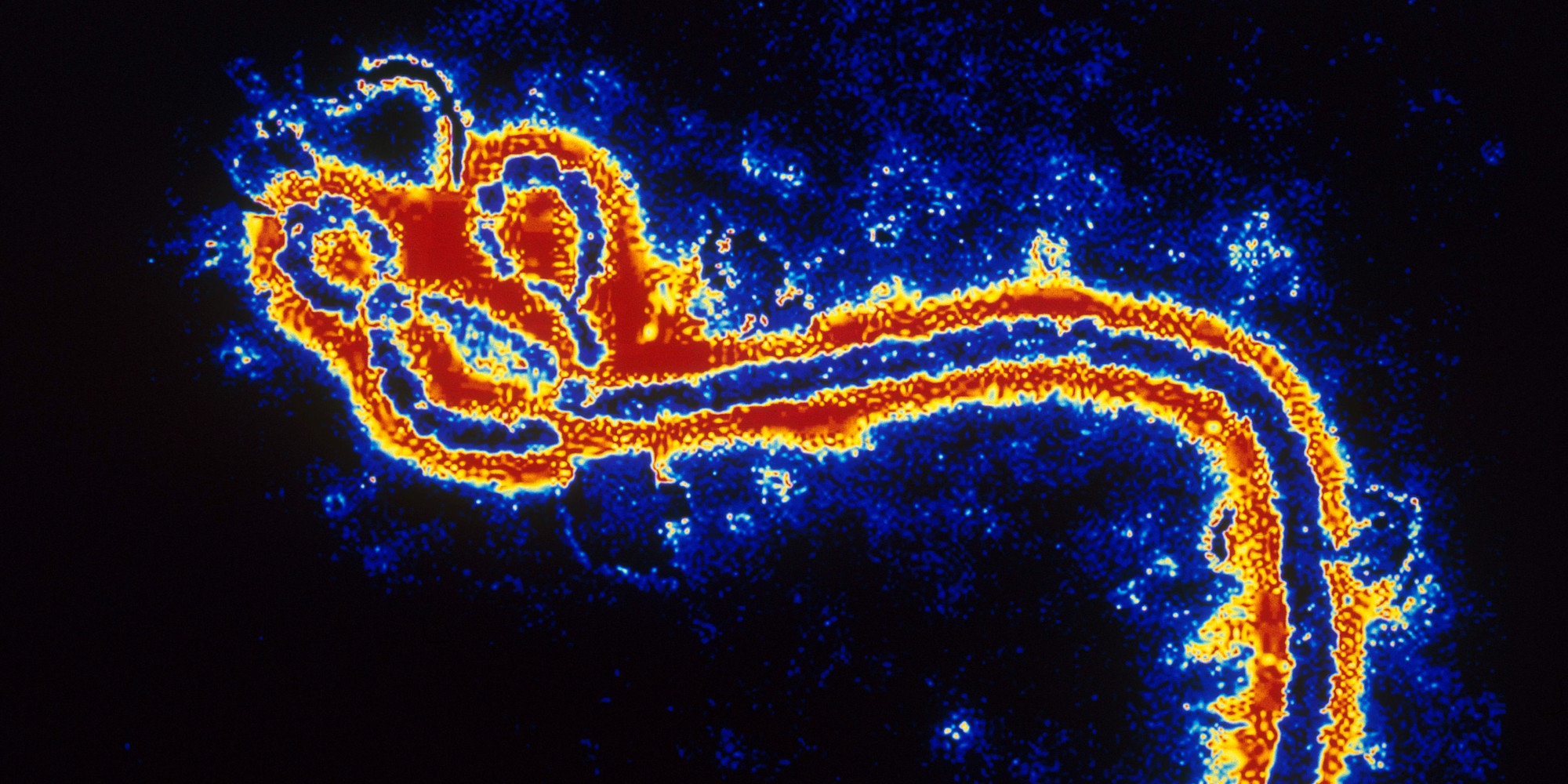Table of Contents
- Expert interview: Is Ebola a risk to the UK? – UK Health Security Agency
- Ebola airport checks expand; nurses get training - FOMAT
- Why Are We So Scared Of Ebola? : 13.7: Cosmos And Culture : NPR
- A Photographer Documents Ebola’s Deadly Spread - The New York Times
- What Next For The Ebola Outbreak? Here's What The Math Says | HuffPost
- ASLM Ebola Outbreak: Laboratory Workers as Key Partners
- Breakthrough in rapid, mass screening for the Ebola virus
- Ebola Victims Still Infectious a Week After Death, Scientists Find ...
- Joining forces to fight Ebola - Civil Service Quarterly
- The Ebola death toll exceeds 1,600. This is what it’s like on the front ...



Cause of Ebola



Symptoms of Ebola


Treatment of Ebola
While there is no cure for Ebola, treatment typically involves supportive care, such as providing fluids, oxygen, and medication to manage symptoms. In some cases, experimental treatments, such as ZMapp and Remdesivir, may be used to help manage the disease. It is essential to seek medical attention immediately if symptoms of Ebola are present, as early treatment can improve outcomes.
Transmission of Ebola
Ebola is primarily spread through human-to-human contact, often through touching or caring for an infected person. The virus can also be spread through contact with contaminated bodily fluids, such as blood, sweat, and saliva. In addition, Ebola can be spread through contact with contaminated objects, such as needles and medical equipment. To prevent the spread of Ebola, it is essential to practice good hygiene, such as washing hands frequently and avoiding close contact with people who are sick.